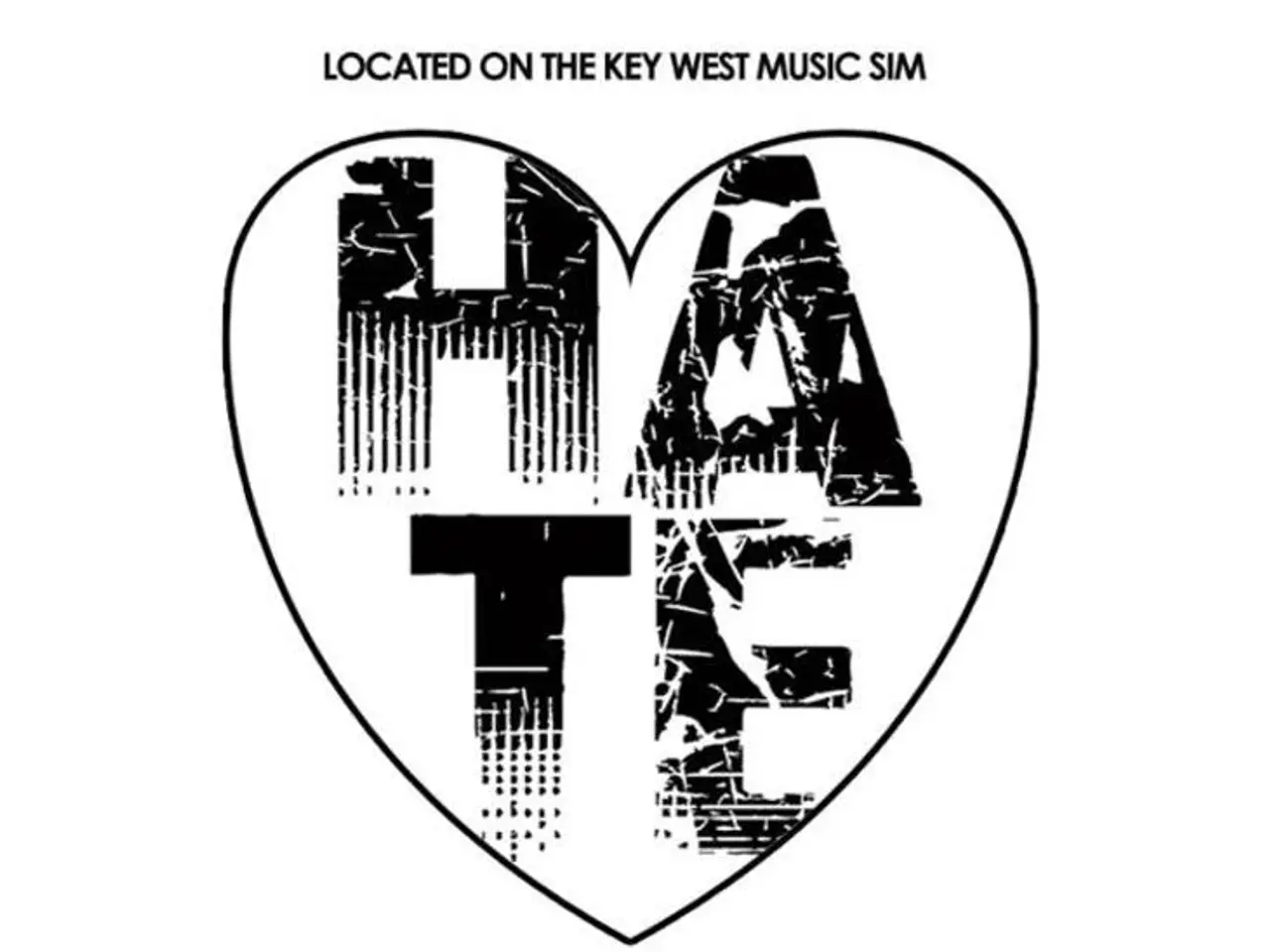Attitudes Towards Online Hate Speech in Germany: Majority Calls for Action from Politics
- ~ 2 min read
keyboardwarrior masses in Germany urge political officials to intervene - Online Hostility: Majority of Germans Urge Politicians to Intervene
Cyberbullying, abuse, and threats have become distressingly common for almost 75% of Germans, according to a survey by Forsa on behalf of RTL. The study was conducted in June 2025, marking its significance during the International Day for Combating Hate Speech on Wednesday, 18th June.
International Day Against Hate and Cyberbullying
Surprisingly, only 16% of participants admitted experiencing personal victimization online. Meanwhile, 84% confirmed having no such negative experiences. The statistics demonstrate a pattern: The more active on social media, particularly younger generations, are more likely to encounter hateful content.
Regardless of personal experiences, approximately 70% of participants believe that the political sector is not taking sufficient measures against online hate speech. Even supporters of the far-right party, Alternative for Germany (AfD), voice similar concerns, with 55% expressing the need for more action. Yet, only 14% perceive anti-hate online measures as restrictions on freedom of speech, while 83% disagree.
The United Nations recognized the International Day for Combating Hate Speech in 2021, emphasizing the danger of spreading toxic narratives using Artificial Intelligence (AI) and biased algorithms. This year, Secretary-General António Guterres stressed the importance of spreading positive messages, supporting people to recognize, reject, and defend against hateful content online.
RTL Germany supports the anti-hate initiative "Together. Against Hate and Cyberbullying," addressing the impacts of negative digital culture. In this week's broadcast, RTL will provide practical tips on dealing with cyberbullying, its effects on children's mental health, and available help resources. Additionally, the program will explore the legal options for affected individuals and discuss the Ministry of Digital Affairs' plans to combat online hate speech.
Sources: Forsa, United Nations
- Online Harassment
- Hate Speech
- Forsa
- Polling Institute
Further Insights
Based on previous Forsa surveys conducted up to June 2025, it is likely that the results of the June 2025 study will show:
- A considerable number of Germans hold strong views against hate speech on social media platforms.
- Many express concerns about the impact of hateful content on social cohesion.
- There is frequently a call for stronger regulation or intervention by social media platforms and the government to address hate speech.
- Some individuals may harbor fear or hesitance in expressing themselves online due to potential cyberbullying or harassment.
- The community and employment policies should address the growing issue of online hate speech, as approximately 70% of participants in the June 2025 Forsa survey believe that politics is not taking sufficient measures against it.
- In light of the increasing prevalence of hate speech and cyberbullying on social-media platforms, particularly among younger generations, the entertainment, politics, and general-news sectors might consider revising their policies to provide a safer and more positive digital environment for their audiences.






